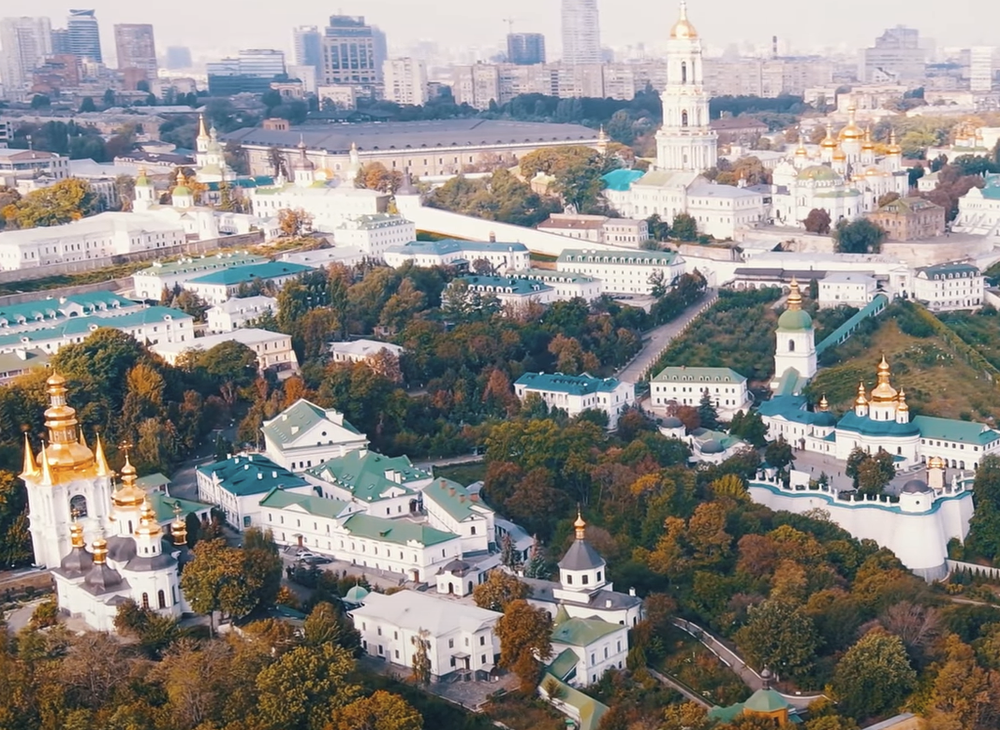Nearly 15 years ago, I traveled to Kiev to speak during a forum with Ukrainian journalists, and a few activists, focusing on religion coverage in that already tense nation. I was there as a representative of the Oxford Centre for Religion & Public Life.
Obviously, this meant talking about the fractured state of Eastern Orthodox Christianity in Ukraine, with bitter tensions between the historic (in many ways ancient) Ukrainian Orthodox Church and new rival churches — including leaders who had previously been excommunicated from canonical Orthodoxy.
Again, let me stress that this was in 2009, during a time when the Ukrainian government was, basically, content to let global Orthodox leaders work this out — oh so slowly — as an Orthodox canon-law issue.
These conflicts were truly byzantine (small “b”) and Ukrainian journalists said it was obvious that most journalists from Europe and America knew next to nothing about the Orthodox splits and, frankly, didn’t care to learn the details.
The Holy Dormition-Kiev Caves Lavra? That’s just a historic site. End of story.
Things have changed, sort of, but for all the wrong reasons.
With Vladimir Putin’s invasion of Ukraine, journalists now care about the state of Orthodoxy in this war. The question discussed during this week’s “Crossroads” podcast (click here to tune that in) is whether elite journalists have any interest in the centuries of facts behind the current Orthodox conflict. The church conflict is linked, of course, to the February 24, 2022, invasion — but also to earlier actions by leaders in the United States, the European Union, the current Ukrainian government and, last but not least, a strategic 2019 move by the Ecumenical Patriarchate in Istanbul.
Note: All of these events took place before the Russian invasion. The Orthodox schism in Ukraine predates the war — by decades.
Where to begin? Let’s start with some of what I learned, and described, 15 years ago, in a column with this title: “Religion ghosts in Ukraine.”










